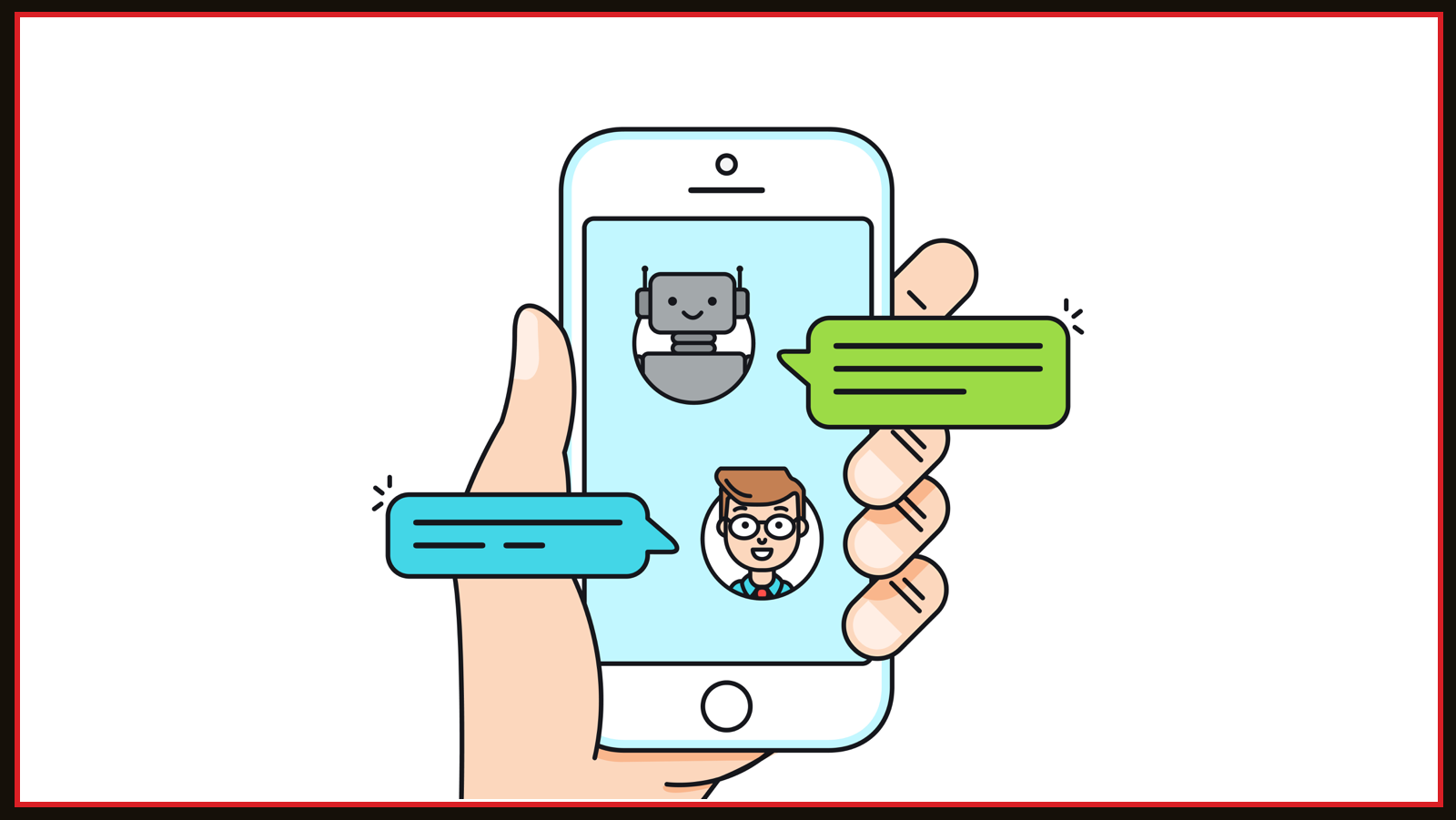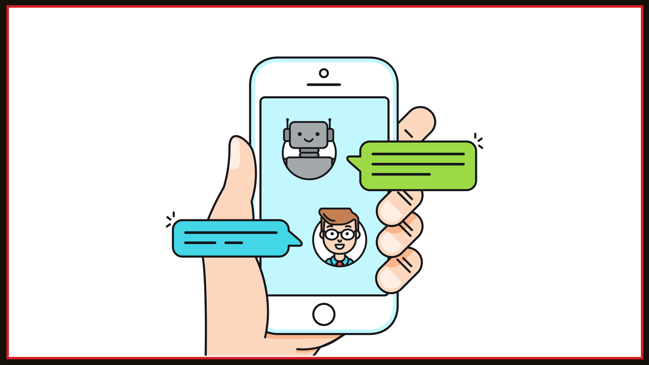

Artificial intelligence (AI); a level of technological sophistication that was previously confined to the realms of science fiction and television. Go back ten – or even five – years and the possibility that AI could become part of day to day life in the twenty-tens would have been dismissed promptly. After all, how could AI become a practicality in business in that time frame?
Well, I think the question needs to be seen in the context of what AI has become and how it is being applied – particularly in regards to natural language processing (such as voice assistants like Siri and Alexa) and speech recognition.
It seems pretty unlikely but it is true that ‘artificial’ or ‘robotic intelligence’ appears to begin in Greek mythology (Yes, really!), with stories of artificial ‘robot’ beings and mechanical men and there are further extraordinary stories throughout history. But it wasn’t until 1956 that artificial intelligence actually gained its name – a name coined by John McCarthy, one of the “founding fathers” of artificial intelligence.
And yet, in the last five years, AI has developed and matured significantly. AI-enabled technology is used throughout business and consumer applications, businesses utilise machine learning for predictive analytics, natural language processing in the form of voice assistants such as Amazon’s Alexa and Apple’s Siri, and computer vision for facial recognition.
And that’s just the beginning. In customer service and marketing, AI is already in use across the spectrum – from content curation to SEO, and email marketing to marketing automation – not just making marketers’ lives easier but also improving how we support customers and build marketing campaigns.
Of the AI technologies utilised within marketing, however, there is one that holds significant potential: natural language processing - when applied to chatbots.
But what can AI in marketing and customer service, particularly the use of natural language processing applied to chatbots, do for your business?
Redefining customer engagement
Technology has changed the way we communicate. Your customers and prospects expect to be able to converse with your business whenever, wherever – and that puts a strain on you to ensure you are available when they most need you. According to research by Facebook, 53% of people are more likely to shop with a business they can contact via a chat app. But unless you operate 24/7, reaching your prospects around the clock just isn’t possible – and that’s where AI could help.
On the 20th September 2017, Marketing Automation software vendor HubSpot purchased Motion AI – a sophisticated chatbot builder that allows users to build, train, and deploy AI robots to do almost anything imaginable – according to the press release! Motion AI’s technology allows users to create chatbots that can manage lead qualification, nurturing, customer service and troubleshooting. HubSpot will likely build the chatbot into its Marketing Automation platform, utilising it for one-to-one communication at scale, customer service, lead management and nurturing, and to provide personalised interactions with leads across every stage of the sales funnel.
So, what’s the point?
Well, instead of your employees conversing with every individual customer (which is not practical for a small business or start-up) you can use advanced chatbots to manage the initial engagement, allowing you to preserve your limited workforce and automatically manage conversations with customers or potential prospects. The AI chatbot will converse with customers, and even prospects, up until the point that a human interaction is required. When is that? Well, that depends on how smart the bot is. But it might be to give an opinion, demonstrate products and services, or make a sale.
A more personalised experience
Now, you may be thinking: “but wouldn’t using bots diminish the overall customer experience?”. Well, no. AI-powered chatbots integrate with your business’ existing data and learn from past interactions customers have had with your business. Chatbots can use that data to inform the conversation and determine the best steps to take in relation to a customer – such as offering personalised advice based on past website history, new content to look at, web pages to visit or offers your business might make. Ultimately, chatbots will be able to enhance the overall customer experience.
Chatbots also keep your prospects engaged for longer. Unlike humans, chatbots can operate at scale and use large data sets to refine their approach to conversations. Over time, they can deliver more relevant content and information regarding your brand, products and services – up-selling and cross-selling in a conversational – and not “overly salesy” way. Perversely, some people may even prefer to deal with something they know is a bot, as they ‘feel’ less concerned about how foolish their question may be, than if they were talking to a person.
Streamlining the sales funnel and handover process
Unlike humans, machines are less error-prone. AI in marketing and customer service provides a level of intricacy and intelligent automation that cannot be achieved with humans alone.
No, AI in marketing and customer service will not be the end of your job, but it will make you better at it and more efficient.
One element of the marketing and sales process that requires this level of accuracy is lead nurturing. Lead nurturing is an essential part of your marketing strategy – but it’s also incredibly time-consuming. Due to the longer sales cycles in B2B, converting a lead into a paying customer could take anything from a month to a year, which is why keeping in touch is of the utmost importance; you don’t want your leads to go cold.
But chatbots take the “heavy lifting” out of that lead nurturing process, allowing marketers to focus on marketing and salespeople to focus on selling, whilst the chatbot manages everything in between. Chatbots can engage with prospects and leads at the right moments by analysing data and their behaviour on your website, using that information to deliver timely interactions.
In addition, as the chatbot accumulates data from its interactions with prospects and customers, you can start to refine your campaigns and tailor your marketing efforts to each and every person that visits your website.
Messaging applications and online chat have quickly become the “go to” for conversation with friends, family, colleagues and businesses alike, surpassing social media networks! On that basis, it’s important that you have a solution in place that can help you to reach your web visitors as and when they want to speak with you. Having an AI chatbot will not only allow you to improve your engagement with your visitors but also reduce your overall expenditure on leading nurturing, customer service and enable you to support more potential prospects and customers with existing resource. AI in marketing and customer service will help your business to improve and enhance its processes – now might be a good time to start thinking about how it can be done!
Tip #36: Some mainstream brands are already using chatbots as a means to connect with their audience wherever, whenever – providing very tailored, very personalised content that helps and informs them. As online chat has become an extremely common method of communication, take a look at how an AI-based chatbot solution could help your productivity in dealing with customers & prospects. It could even give you an advantage over your competition?
If you'd like to receive the latest 'All that PR & Marketing Bollox...Explained!' blogs straight to your inbox every week, you can subscribe below:



Submit a Comment